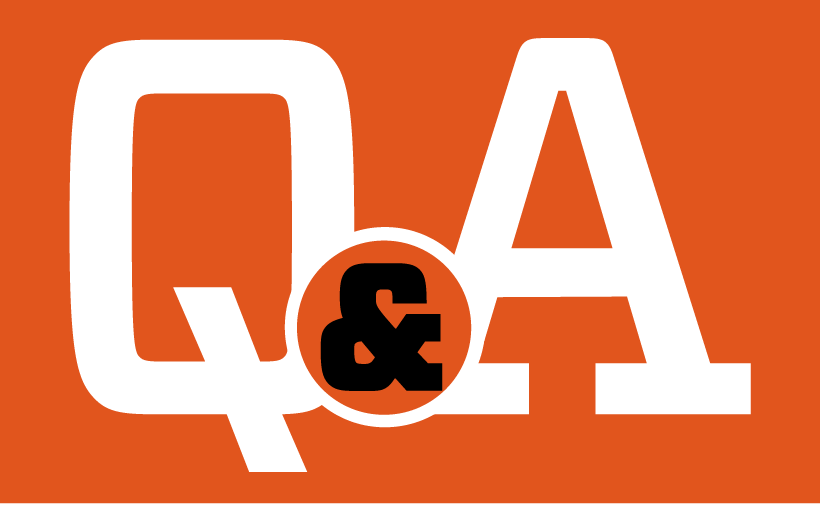
What is the biggest difference between Gen Z and Millennials when it comes to breaking into the workforce?
Millennials attended college with a sense of self-discovery. They found what they were looking for on their journey. That course worked brilliantly for them. But with my generation, we are not going to college to discover ourselves. We are going to pursue a pre-chosen career. We already know what we want to do. We have very realistic goals.
We grew up post 9/11 and lived through the 2009 recession. We saw how it absolutely buried our parents. The average net worth of our parents fell by 45 percent, so we’re not willing to go dance around college to get a degree that might not have much value. It’s not so much about being financially responsible as it is knowing what we want and need. That’s why you are seeing a rise in trade school and community college attendance. Students think: “If I can get out of school in two years and start making money, that might be the right choice for me.”

And then you can go back and pursue what you want?
Yes. Then I will have a better understanding of what I want to do five years down the road. It’s hard for us to see a four-year college as the best option if we don’t know what we want to do. You’re talking to a generation where 67 percent say the top concern is being able to afford college.
What is the best way for brands to market to Gen Z?
It’s not about self-discovery. We have to be influenced in a different way. Our peers, our parents and our teachers are telling us that we should know what we want to do before we go to college. But my generation is not bagging groceries at a grocery store or working at a local convenience store. We are out there gaining professional experience as early as possible. We know that 55 percent of teens feel pressured by their parents to gain that early professional experience before they go to college.
From a marketing standpoint, give us a realistic message. The ability to reach us is there. It’s in the message – one that doesn’t involve those “come find yourself” lines of reasoning. Tell us exactly what we’re going to be getting.
So, it’s hard to pull anything over on Gen Zers?
Yes. We’ve been trained to sniff out advertisements and promoted posts because we know that if it says it’s hashtag-sponsored or promoted or boosted, we know it was never really intended to be addressed to anybody in particular. Your message has to be authentic. It cannot be BS. Just tell us exactly what you want to tell us. You’re talking to a generation that has grown up only with technology. We’ve only known a world of smartphones and computers.

What channels are the ones that you concentrate on the most?
You hear people say that we like using Instagram, Twitter, Snapchat and Facebook. But I would say that every channel is important because we switch from platform to platform. That being said, your message should be different across all platforms. Don’t just send out a standard ad across all platforms. To engage, you must customize your message.
And having the importance to show you care is huge. Gen Z truly values in-person communications. Our research shows that 84 percent of Gen Zers prefer face-to-face communication. That comes down to authenticity and efficiency.
There is a lot of value in the importance of hyper-customization. You’re talking to a generation that has been able to customize every aspect of its life, whether that be through a shopping experience on Amazon or the identities we create on Nike Id. We’ve been fed the idea that everything is customizable.
 By 17, Jonah Stillman was already a veteran of the national lecture circuit. Take a quick peek at his portfolio and you'll see that he has already shared his remarkably candid insights with a variety of companies across many industries, as well as contributed stories to the likes of MSNBC, CBS and Fast Company. And if that's not enough, Jonah is a nationally ranked alpine snowboarder who has served as an ambassador for the international nonprofit WE, traveling to Kenya and Ecuador to build schools.
By 17, Jonah Stillman was already a veteran of the national lecture circuit. Take a quick peek at his portfolio and you'll see that he has already shared his remarkably candid insights with a variety of companies across many industries, as well as contributed stories to the likes of MSNBC, CBS and Fast Company. And if that's not enough, Jonah is a nationally ranked alpine snowboarder who has served as an ambassador for the international nonprofit WE, traveling to Kenya and Ecuador to build schools.
Working alongside his father, David Stillman, who as spent the last 20 years as a generational expert for varied organizations (from the IRS to MTV), Jonah has quickly become the voice of his generation. In fact, the father and son team recently conducted one of the first national surveys about Gen Z's attitudes toward the workplace - an eye-opening study that continues to gain national exposure.
We caught up with Stillman to get his insights on why connecting with Gen Zers is a whole different experience for today's marketers.
